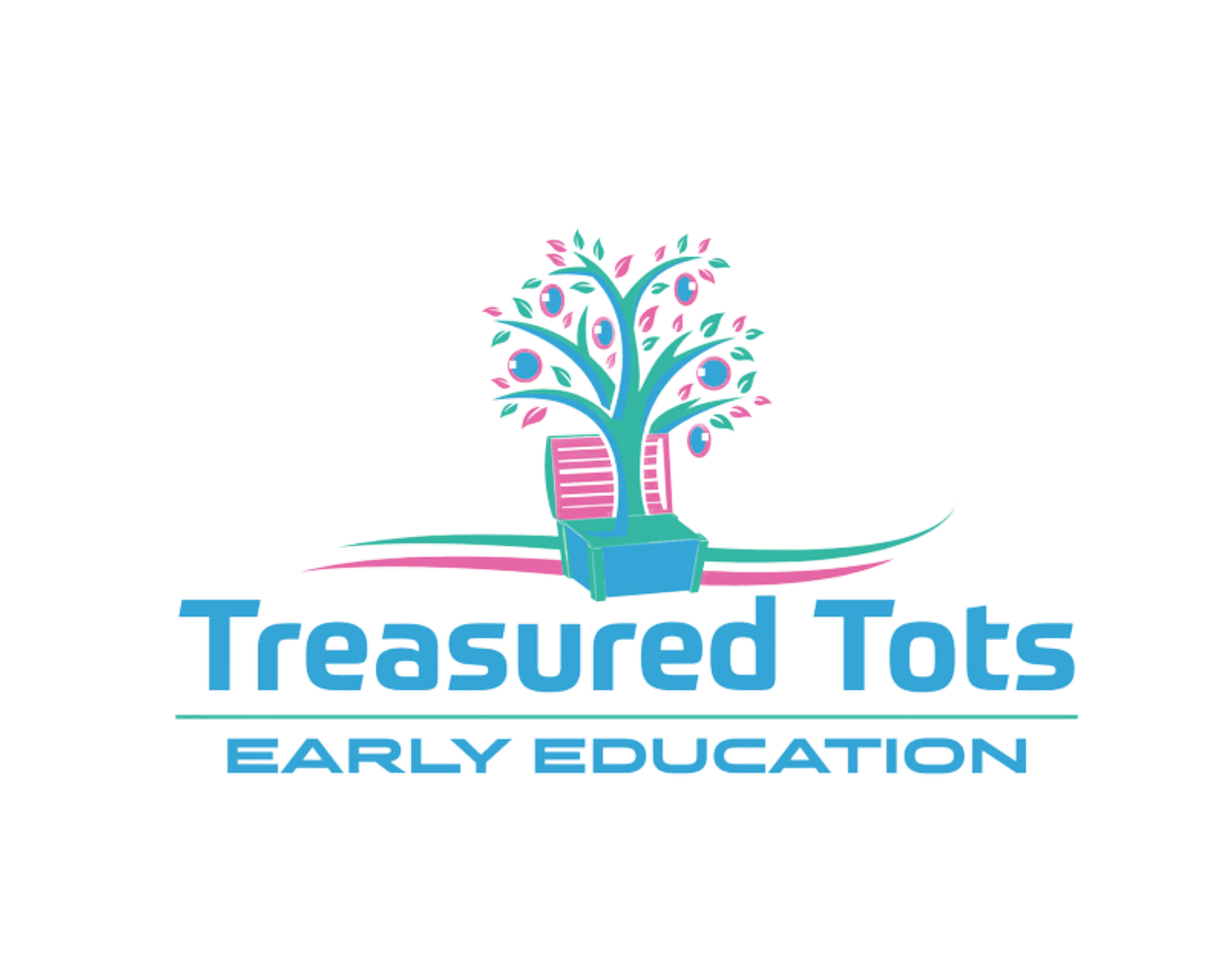Why It Is Important For Kids To Socialise From A Young Age
Many of us think about ‘socialisation’ in terms of connecting with friends and family, sharing a meal with someone, having fun, participating in group activities and making memories. We see socialisation as voluntary, with some people choosing greater levels of human interaction than others.
In fact, socialisation is about much more than voluntarily spending time in the company of other people.
Humans are inherently social beings and we’re hard-wired to connect with others. Our ability to connect on a social and emotional level is absolutely critical for our survival and for our success in life – hence the need for these skills to be nurtured from a very young age.
Why socialisation during infancy and early childhood is crucial
Experts agree that socialisation is crucial for a child’s wellbeing and holistic health. According to UNESCO, humans are born with an innate capacity for forming social connections and an individual’s emotional and social development is therefore as important as their cognitive and biological development.
Socialisation starts when a baby is born. Even from the earliest stages of their little lives when they’re being introduced to family and friends, they’re learning social and emotional skills. In fact, family plays a hugely important role in babies and young children’s early lessons in socialisation. It’s where they get their first observations of different emotions, body language, different situations and different ways that ways people respond to one another.
The family is where a baby forms their first relationships, where they have their first communications and conversations and where they’re first introduced to concepts like trust and co-operation.
How does socialisation help with a child’s healthy development?
Socialisation helps children:
Develop strong language and communication skills
Become more self-confident and independent
Learn about teamwork and collaboration
Manage stress and resolve conflicts
Learn about risk management
Learn to make friends and how to be a friend
Develop empathy, tolerance and respect
Transition to school more easily
Ways to introduce socialisation to your child
There are many ways that parents and caregivers can encourage their little ones to socialise – and learning through play is the very best place to start.
Eye contact with your little one, talking to them, showing interest and responding to their actions are all great ways to encourage their social development. Games like peek-a-boo are great for building communication skills and remember, communication can be non-verbal too, so hand gestures and body language are really important.
Adult interaction is brilliant, but it is also important to encouraging your child to spend time in the company of other little people – and the younger, the better. Play dates, coffee mornings, baby and toddler groups and get-togethers in the park are all great ways to help them make connections, recognise social cues and learn about friendships. Socialisation will also help them with listening skills, sharing, taking turns, empathy, respect and tolerance for others.
Childcare and early education helps with socialisation
Creating opportunities for young children to socialise with other kids can ease the transition to school. If they’ve been able to start developing social, communication and emotional skills at home and at childcare, they’re likely to feel more confident and better prepared.
Socialisation can help a child be more independent and resilient. They learn by observing others and by doing. Sometimes it’s trial and error, sometimes they make mistakes with social cues and engagement, but if they’re in the company of others, they’ll always be learning and growing and developing a range of key skills.
Socialisation can also help kids feel more confident about trying a new activity or navigating social situations with new people.
When they interact with children older and younger than themselves at school – and with the wider community – they learn how to forge successful relationships and become functioning and involved contributors to society.
You may be interested in this article which provides tips on preparing your kid for their first day at early school.
In conclusion
Guidance from trusted adults like family members as well as experienced and caring educators will help young children navigate their social world, while at the same time helping and supporting their healthy development and wellbeing.
Socialisation is a key focus at our Treasured Tots childcare centres because we know what a critical role it plays in the healthy development of our young children.
Our Reggio Emilia-inspired way of life has a strong focus on socialising, playing with others and group projects and this, together with our strong family involvement and our diverse outreach programmes, builds strong social connections between the children and the community.
Please contact us if you’d like more information on Treasured Tots, otherwise we warmly invite you to book a tour of any of our wonderful centres in Mandurah, Bibra Lake, Fremantle, Piara Waters, Hamersley, Bennett Springs and Bicton to ensure our management team is available to show you around and answer any questions.

